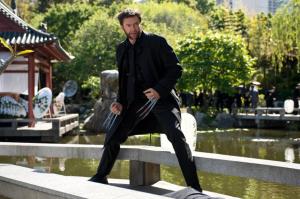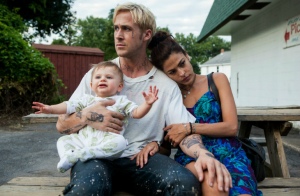8/19/13
★★★★★★★☆☆☆ (7/10)
Written by the writers of (500) Days of Summer, The Spectacular Now (2013) is one of those rare adult teenage movies. A hardcore partier Sutter Keely (Miles Teller) is outgoing and well-loved in his high school, where he meets an average girl-next-door named Aimee Finecky (Shailene Woodley). The two share an intimate time in life during the transition from high school to college, and develop a special bond through heartbreak and disillusionment. Just like the two protagonists who have the biggest hearts, this movie is full of love.
26-year-old actor Teller’s Sutter Keely is bare and vulnerable, which comes across to the audience as transparent and frank. Sutter meets with appropriate character development that he is delivered as a troubled, but loveable character. Teller’s acting, however, may not have been the greatest in The Spectacular Now. There were moments where I felt uncomfortable watching Teller dumbly stare while making conversation with his opposite, Shailene Woodley. Sutter is meant to be socially apt and far from awkward, and yet his basic mannerisms were awkward and stiff in a few scenes of regular conversation. It seemed as if Teller wasn’t comfortable before the camera for whatever reason.
Furthermore, some moments in the movie had a cheesy dialogue and awkward acting from the side characters, such as the dinner scene where Sutter’s family cheers to “dreams.” The moments of awkwardness, however, were minimal and negligible. It is also understandable because The Spectacular Now is an independent film of a low budget. Woodley, on the other hand, perfectly portrayed an innocent young girl entering the world of adults, and still maintained her sweetness and big heart.
As a quirky independent film, The Spectacular Now is particular and does not use too many fancy techniques. Editing and cinematography is straightforward and directly express the actors’ state of mind and feelings. The forthright direction is refreshing to see after the bombardment of summer blockbusters that require a mix-up of every basic rule in the Hollywood success book.
For example, one scene has Aimee and Sutter face straight at and talk to the camera during their conversation. The viewers feel as if the two teens are talking to them, even though it is clear that they are speaking to each other. The simplicity in the film delivers complex material and deeply seeps the audience with the characters’ emotions, because they come across directly and easily to us without circumvention.
As the film is honest and real, it also makes it hard for the spectators to watch the adolescents break through their innocence and discover the world of ignorance and corruption. Every time that Sutter drove under influence, I found myself scared and nervous that he might get in a horrible car crash and injure himself. I also found myself with small tears when watching their hearts break over family and romantic drama.
On the other hand, this movie is not only about family and love, but also about understanding to let go of what is the present. No matter how great things can be in the present, both Sutter and Aimee have to move on into the future. Their moments in high school are only spectacular because they are fleeting, because they can’t guarantee this “now” to go on forever. If they stir up their life a bit and start working forward, however, only then will they be able to meet that spectacular moment of “now” again.
The Spectacular Now is tender and sincerely reaches out to its viewers. It is about letting go and moving past the spectacular present to find another spectacular in the future. Though it has some small flaws, it is an especially touching movie worth seeing because we all know how hard it is to let go of that one spectacular moment in life.
Check out Third Wheel Entertainment! http://thirdwheelentertainment.tumblr.com/post/58729978835/movie-monday
Related articles
- Review: The Spectacular Now (thereeltimes.com)
- “The Spectacular Now” Review (cwatlanta.cbslocal.com)
- Film Review: The Spectacular Now (teamfogreviews.com)
- Shailene Woodley: Fame is a four-letter word (miamiherald.com)
- The Spectacular Now (reelviewz.wordpress.com)
- “The Spectacular Now” movie review: A love story for the (teen) ages (denverpost.com)








